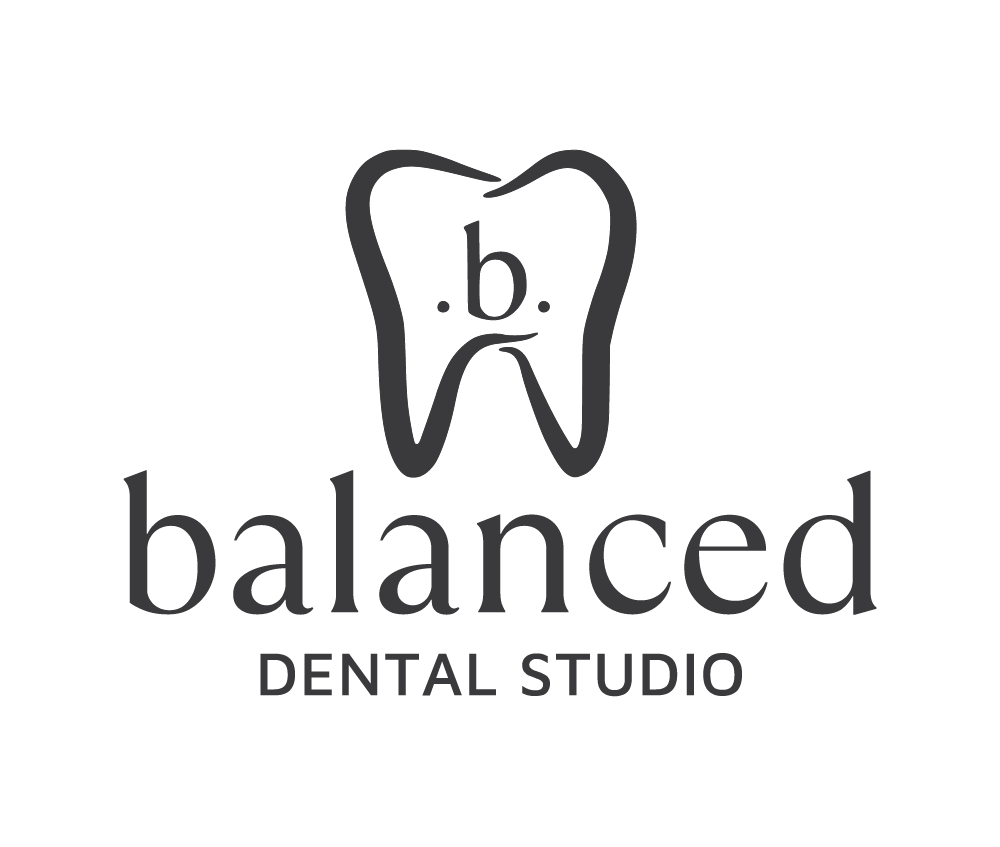We’re here to not only provide whole health dentistry in Lakewood, Colorado, but to also ensure you understand every aspect of your dental treatments. Oftentimes, when patients learn a tooth extraction is required, it tends to lead to more questions than most of our other treatments. Here are some of the most common questions we receive about tooth extraction to help you understand why it may be the best plan of action in your oral health journey.
Why is tooth extraction required?
This is the most common question, as it makes sense patients would like to avoid extraction whenever possible. The truth is, so would we. Tooth extraction is typically only recommended for the following reasons:
- Impaction: Impaction refers to a tooth that has not yet erupted and that is growing in at an angle. This is most common in the case of wisdom teeth, as oftentimes the mouth does not have enough room for these final molars to grow in.
- Severe tooth decay: Once tooth decay penetrates your enamel, it moves deeper and deeper into the tooth causing extreme tooth pain. When caught early, a simple filling can put a stop to the decay. However, if it is not detected early enough, it can become infected. And if it reaches the root, and the root cannot be saved, the only option is tooth extraction.
- Periodontal or gum disease: Gum disease is caused when a buildup of plaque and tartar on the teeth is left to cause damage to the gum tissue. It starts out with swelling, bleeding and discomfort, but if left to progress, it can reach the bone surrounding the teeth. As the gum and bone deteriorate, they can no longer provide support to the teeth, leading to tooth loss and often severe tooth pain. Extraction can assist in treating periodontitis and protect your remaining teeth.
- Trauma: In the case of severe trauma to the mouth, whether it be from a car accident, a sports-related injury, or any type of impact to the face, it can cause too much damage to the tooth and root for it to be saved. In this case, extraction is required to avoid severe infection – not to mention pain.
As mentioned, we only recommend tooth extraction in the case that leaving the tooth in will lead to further complications.
What does the tooth removal process entail?
The tooth extraction process can vary, but our typical procedure in our Lakewood dental clinic uses the following steps:
- Anesthetic: A bit of anesthetic is applied to numb your tooth, gum, and bone tissue to keep you comfortable during the process.
- Extraction of the tooth: Once you are comfortable, if the tooth is below the gum, an incision is made so the tooth can be accessed. The socket surrounding the tooth must be enlarged to allow the tooth to be separated from the ligament holding it in place. The tooth is then rocked back and forth to release it.
- Cleaning the socket: The area of the extraction is thoroughly cleaned to ensure all residue or infection is gone.
- Sealing the socket: Once cleaned, gauze is applied to stop the bleeding. In some cases, stitches are required to seal the socket.
- Pressure: If the site is bleeding, you will be asked to bite down on the gauze to apply pressure.
- Ice: You can apply ice to the outside of your face to help reduce swelling.
We provide thorough instructions on post-extraction care to ensure you heal as quickly as possible.
Will it hurt when your tooth is extracted?
As mentioned, we do everything we can to keep you relaxed and comfortable. This includes numbing the area so you can’t feel any pain during the procedure and providing pain killers to help keep you comfortable while healing. We even offer nitrous oxide if you’re in need of a little additional relaxation pre-procedure.
What is the recovery period from a tooth extraction?
It usually takes at least a few days to recover following an extraction, but it depends on the tooth and the reason for extraction. We recommend the following to help avoid infection and minimize discomfort:
- Allow the healing blood clot to form by gently but firmly biting on the gauze.
- Change the gauze as it becomes soaked in blood.
- If you are prescribed antibiotics, be sure to take the full bottle as per instructions.
- Relax for at least 24 hours after the extraction.
- Do not rinse or spit for the first 24 hours to avoid dislodging the blood clot.
- Take sips of drinks and do not use a straw.
- Do not smoke.
- Eat a soft food diet for the number of days instructed.
- Prop your head up when lying down to reduce bleeding.
Good oral health and preventative dental care is the best way to avoid a tooth extraction, but in the case you think you may need one, schedule an appointment with Dr. Elizabeth Turner here so she can assess your unique needs.
Interested in learning more about general dentistry services at our Lakewood, CO dental clinic? Visit this page here.



